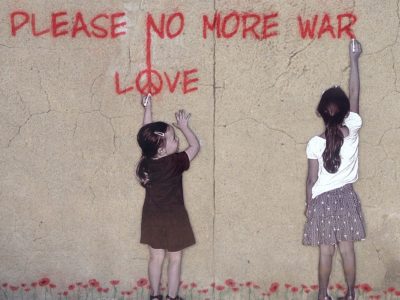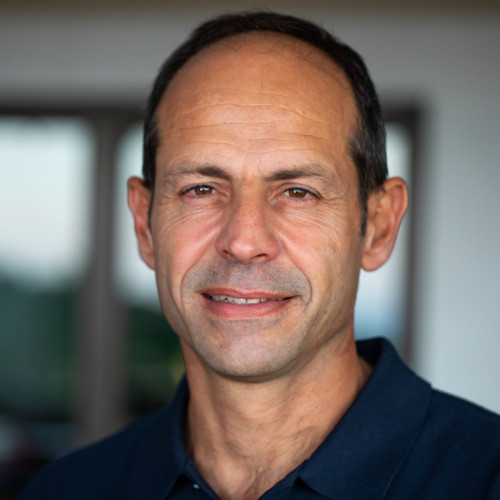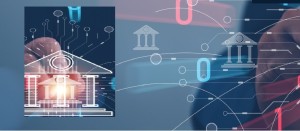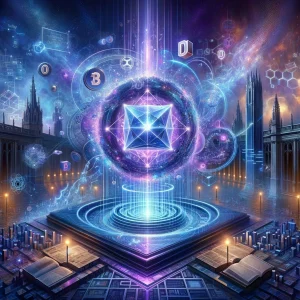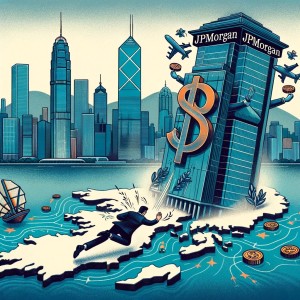This quote by education and women’s rights campaigner Malala Yousafzai came to my mind as I mull on the many possibilities of how blockchain can make lives better worldwide.
The fact that stares at us from the start: there are 10.5 million children out of school in Nigeria.
Nigeria is the richest country in Africa but has more girls out of school than any country in the world. Studies are clear — educating girls grows economies, reduces conflict and improves public health. For these girls and for their country’s future, Nigeria’s leaders must immediately prioritize education.
In the midst of all these troubles, since 2009, the Islamic extremist group Boko Haram has killed 2,295 teachers, displaced 19,000 educators and destroyed nearly 1,400 schools. In the northeast region, where Boko Haram is based, over 3 million children do not attend school.
One of the casualties of war is the destruction and often, never fully restored the education system of a country.
3% of global humanitarian assistance was allocated to education in 2016
According to UNESCO, almost 250 million children are living in countries affected by conflicts. Of this number 1 out of 4 children, approximately 61 million children are currently out of school because they live in conflict and disaster zones. Girls are 90% more likely to be affected in conflict areas than elsewhere.
Less than 3% of global humanitarian assistance was allocated to education in 2016. For the UN goal to be achieved by 2030, a radical rethink of the allocation of humanitarian assistance in education should be considered.
English Forward has proposed an “earn as you learn” tokenomics built on blockchain to encourage students to learn English as a tool to access the available online information and get better-paying jobs.
How could we use blockchain to be a more efficient conduit of humanitarian assistance?
In the wise words of Nelson Mandela:
Education is the great engine of personal development. It is through education that the daughter of a peasant can become a doctor, that the son of a mineworker can become the head of the mine, that a child of farm workers can become the president of a great nation. It is what we make out of what we have, not what we are given, that separates one person from another.
Let’s consider that each student and teacher in a region has an English Forward token wallet, and at the start of the school year, a small amount in tokens (from humanitarian assistance grants) is deposited into each wallet. These tokens allow a student to earn as they learn on the English Forward.
Three segments of society and how blockchain could better their lives
Taking a look at this classification highlights the need for the blockchain.
- A young person, isolated by social-economic stature, conflict and geographic position could interact with other students and teachers globally and earn tokens while they learn.
- Working people, looking to improve their English could spend part of their study time interacting with learners and teachers globally, and help create an active, safe and encouraging environment for learning English, and also earn tokens for this contribution.
- Employed or retired English experts (linguists, teachers, professors, enthusiasts) in both developed and undeveloped countries could earn tokens by interacting with learners in the Q&A, as well as selling their services on a peer to peer marketplace.
The altruists can donate their tokens back to promising students in the form of scholarships, course payments or gifts to encourage further the knowledge of English.
Imagine starting to study English, and during the process of learning, being paid to learn and being able to use these education earned tokens to buy bread, tomatoes or mend your shoes…
What if we could incentivize a student to learn English, creating a reward system to fast track their progress towards being a fluent communicator?
With blockchain creating an immutable record of a student’s studies and progress, in times of conflict or displacement, the students’ records would be preserved and none of their educational progress would be lost, ready for them to pick up at any time.
